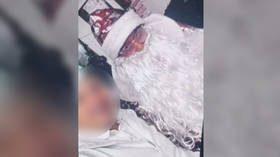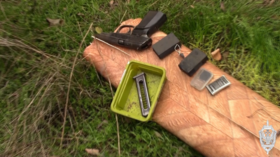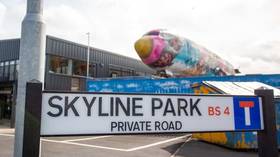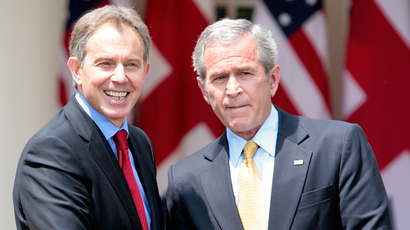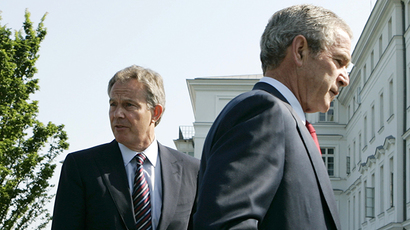Iraq War inquiry 'won’t be a cover-up' – top UK civil servant
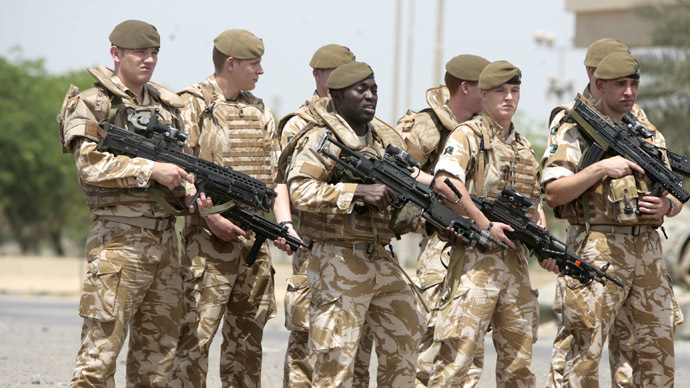
The Iraq Inquiry’s report into the 2003 invasion and its aftermath will “not be a cover-up in any shape or form,” said the UK’s top civil servant. The report, whose publication date remains unknown, will be “more transparent” than expected, he claimed.
Appearing before the House of Commons Public Administration Select Committee, Sir Jeremy Haywood told MPs the Chilcot Inquiry report would include sensitive material that would not usually be disclosed “in a million years.”
During his questioning, he sought to dispel concerns that the substance of the report, launched in 2009, was being diluted in the course of its lengthy delay. Public hearings were completed in 2011, and it was hoped the details would be delivered the same year.
“There has been a delay of sorts as we processed tens of thousands of requests for declassification of very complicated and sensitive documents,” Haywood told the committee.
“I don’t think that has held up the inquiry. It is a very difficult thing. The controversy around this continues today. It is very important that the whole story is told,” he said.
“So we have tried our level best to break through normal conventions and the legal requirements and the international relations and the nine different categories that the original protocols suggested might be a reason for not publishing material,” Haywood said. “We have had to work through all of that in good faith as fast as we possibly can to try and make sure the whole story is laid bare.”
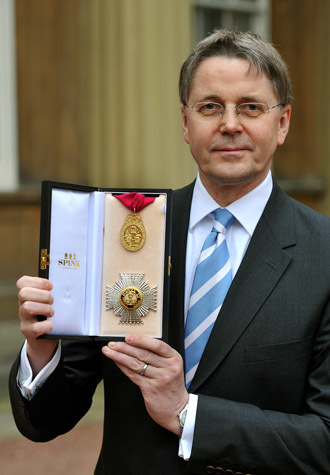
Of particular concern to those investigating the transparency of the inquiry are records of meetings and exchanges between then-US President George W. Bush and former Prime Minister Tony Blair.
The issue concerned 25 “notes,” more than 130 records of conversations between the two leaders, and some 200 Cabinet-level discussions. The US reportedly opposed the publication of classified material concerning the president.
It emerged in May that the Cabinet Office and Ministry of Defence had blocked the release of these records. It has since been confirmed that large proportions will be omitted from the final report.
Following an agreement, the inquiry is expected to publish “gists” and selected quotes from their exchanges, rather than full transcripts or notes of talks.
At the start of the Iraq Inquiry, then-Prime Minister Gordon Brown emphasized “no British document and no British witness will be beyond the scope of the inquiry” unless it is “essential to our national security.”
But the omission of potentially crucial Bush-Blair records calls into question the “legitimacy of the investigation” and reinforces a “culture of opacity in defence and security services,” according to Jameela Raymond, a defence and security expert at Transparency International UK.
During Haywood’s questioning, Select Committee member Paul Flynn MP said the families of the 147 UK service personnel killed in Iraq deserved better and said it was vital the full truth was known to avoid similar “terrible mistakes” occurring again.
“We can't excuse this just because of protocol and delays,” Flynn said. “We have had four years of delay which has helped only those who want to hide the truth.”
Defending the progress and the transparency of the report, Haywood said it would be a “very full account.”
“I am absolutely confident that the finished report will be as transparent as it needs to be... I have spent many personal hours and months trying to maximize the extent to which [inquiry chairman Sir John Chilcot] can publish this material that normally would not be published in a million years.
“I can understand people’s frustration but I think the report... will be more transparent than you are expecting and I don't think in any shape or form it can be called a cover-up.”
Critics of the war say Blair deliberately misled the public over the reason for sending 45,000 British troops to invade Iraq, on the basis of removing Saddam Hussein’s weapons of mass destruction. No such weapons were ever found.






